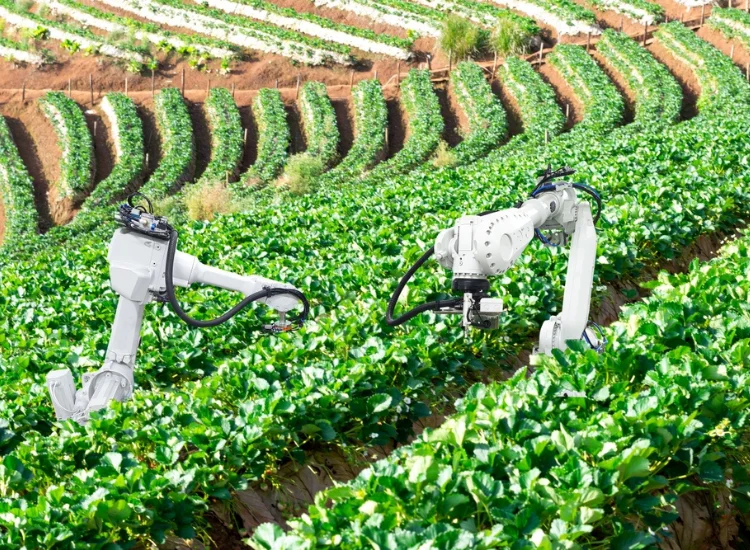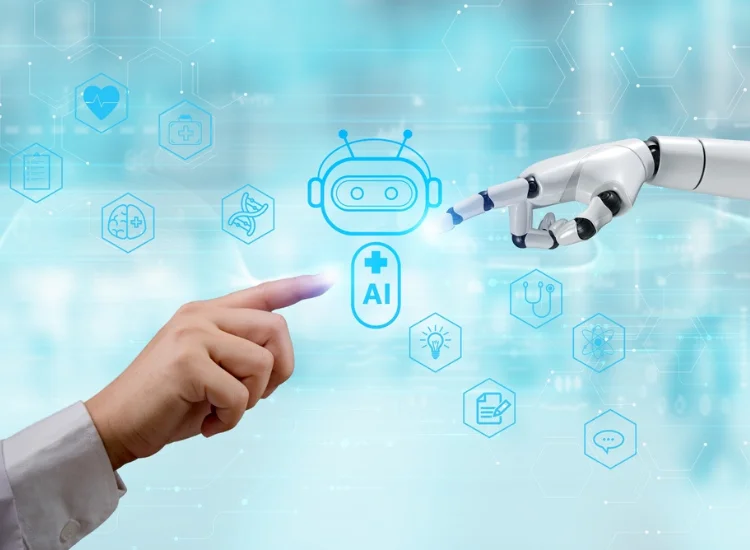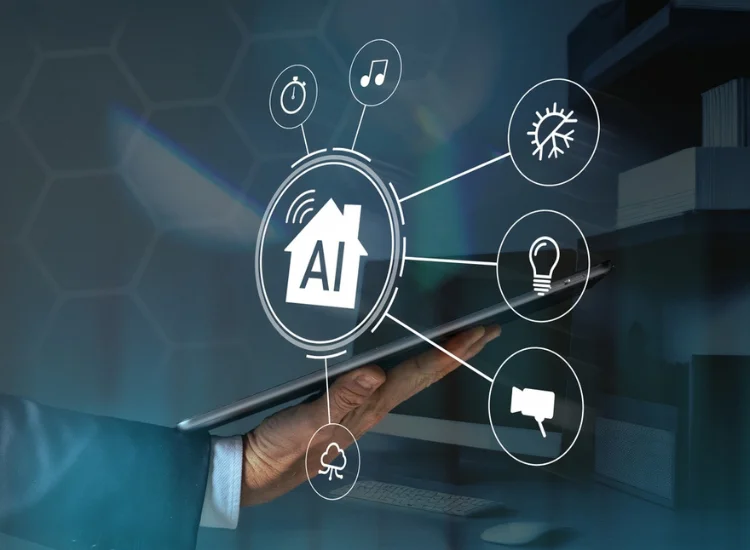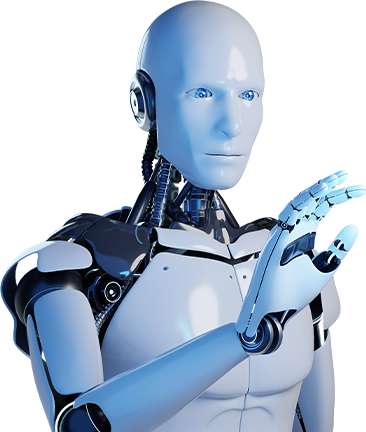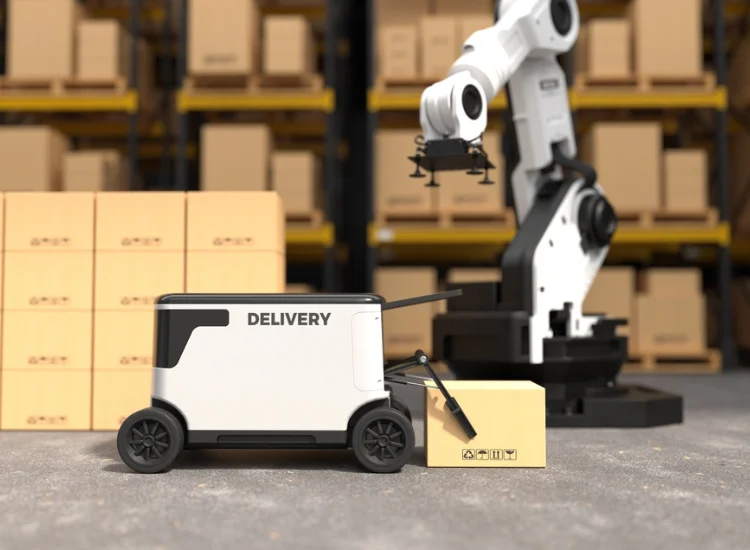
Industrial Robots: Driving the Future of Manufacturing
By : Admin Sep 28,2022Introduction
Industrial robots have become the backbone of modern manufacturing, powering industries with precision, speed, and consistency. From automobile assembly lines to logistics warehouses, these intelligent machines are redefining how goods are produced and delivered. As part of the industry 4.0 revolution, industrial robots are transforming factories into smart, automated ecosystems.
What are Industrial Robots?
Industrial robots are programmable machines designed to perform repetitive, complex, or dangerous tasks in manufacturing and production environments. They can work independently or collaboratively with humans, ensuring efficiency and safety.
Applications of Industrial Robots
Robotic Arms
Collaborative Robots (Cobots)
Autonomous Mobile Robots (AMRs)
Benefits of Industrial Robots
Challenges and Limitations
Future of Industrial Robots
The future of industrial robots lies in AI, machine learning, and IoT integration. Smart factories will feature interconnected robots capable of self-diagnosis and predictive maintenance. With cobots becoming more affordable, even small manufacturers will benefit from automation. The industry 4.0 era will be defined by hyper-efficient, data-driven robotic production lines.
Conclusion
Industrial robots are not just tools; they are strategic partners in global manufacturing. By combining speed, accuracy, and intelligence, they enable industries to scale faster and compete globally. As technology advances, robots will continue to push the boundaries of what’s possible in production.
FAQs
1. Why are industrial robots important?
They improve production speed, precision, and efficiency while reducing human error.
2. Are industrial robots replacing human workers?
They replace repetitive tasks but create new jobs in robot maintenance, programming, and supervision.
3. What industries use robots the most?
Automotive, electronics, healthcare, and food industries rely heavily on robots.
Category
- Agriculture Robots
- Biomedical Instrumentation
- Ai Automation
- Industrial Robots




